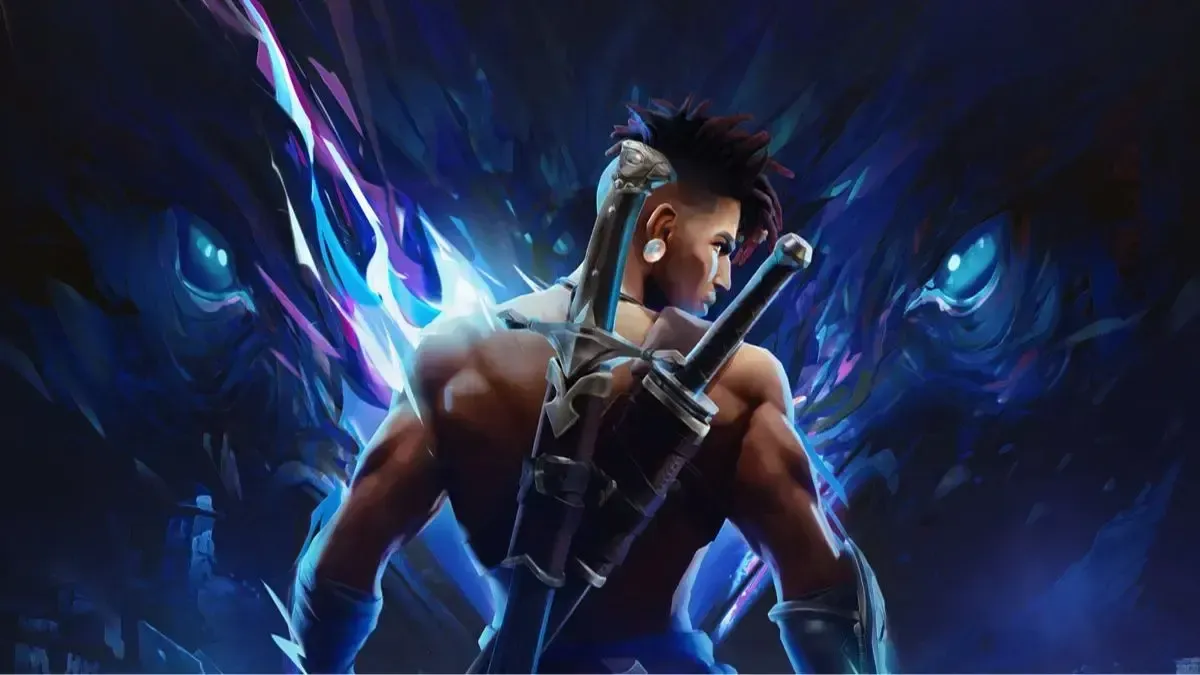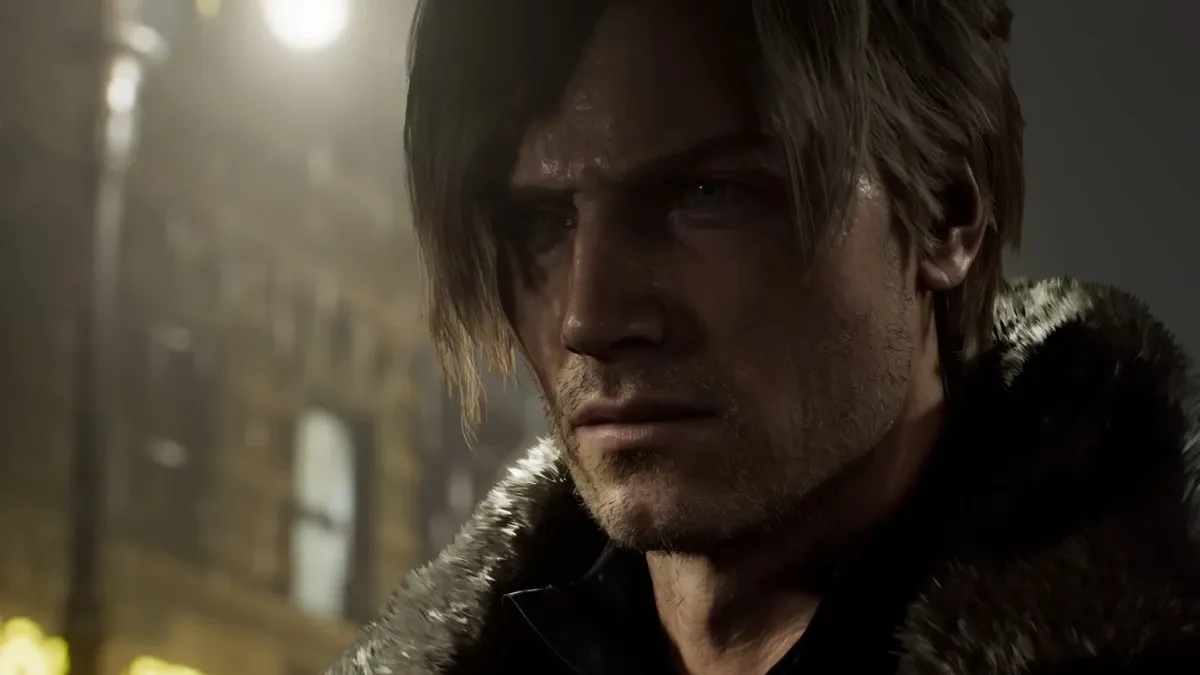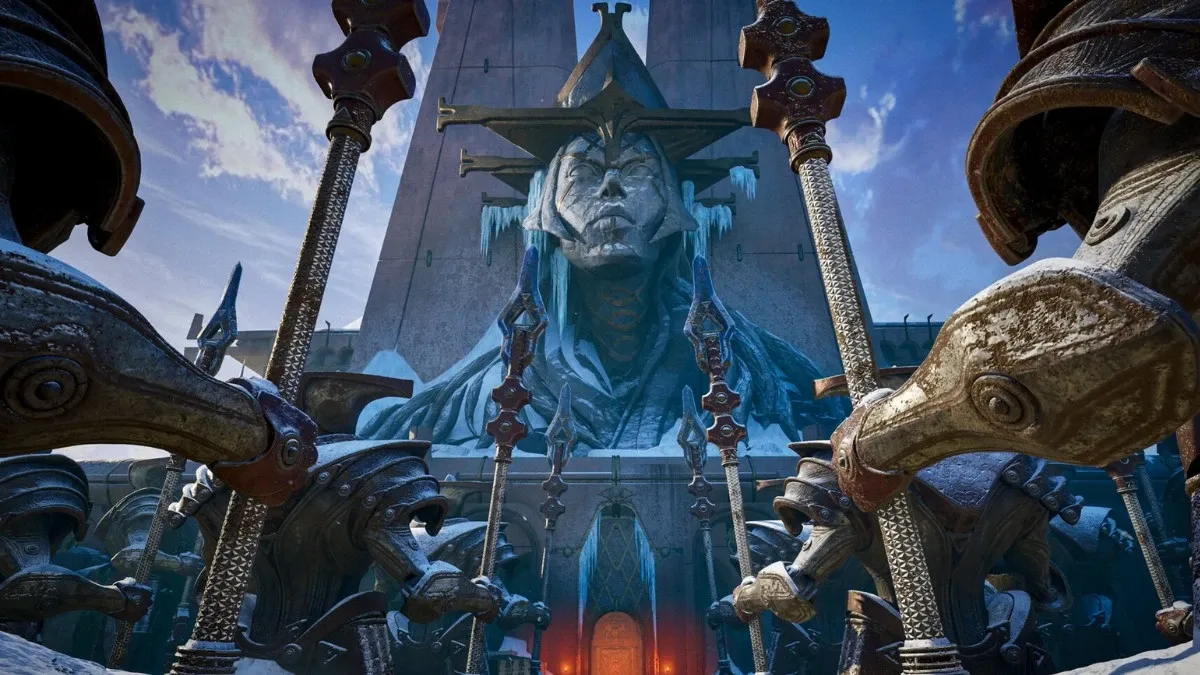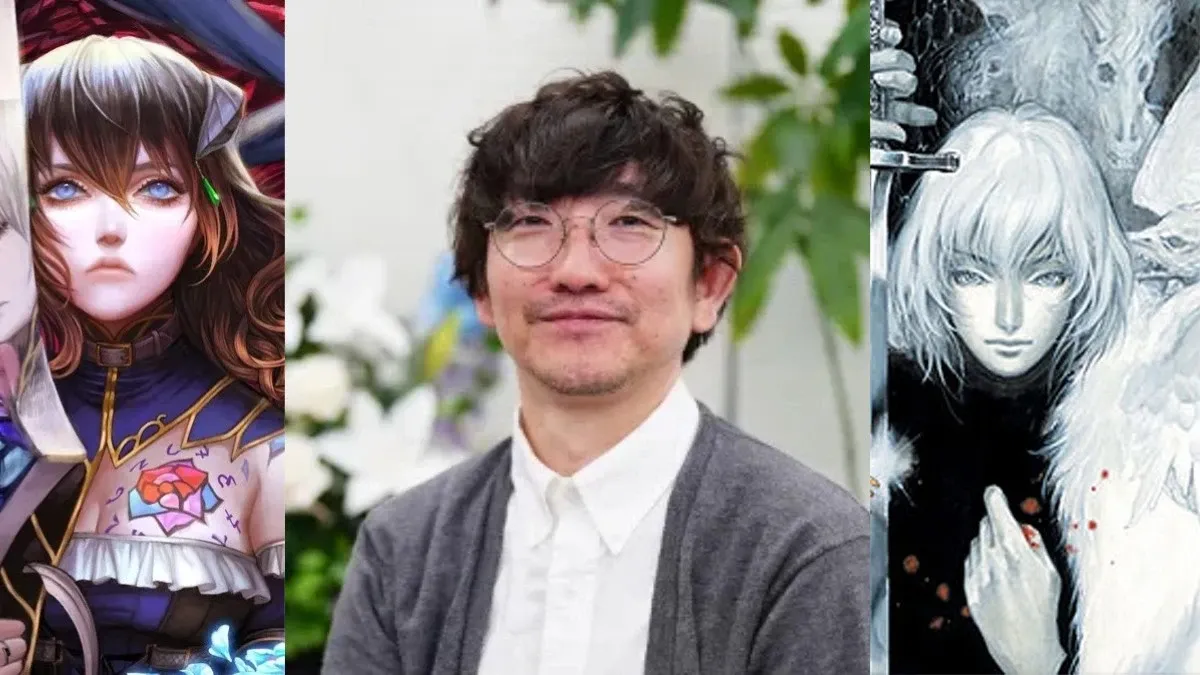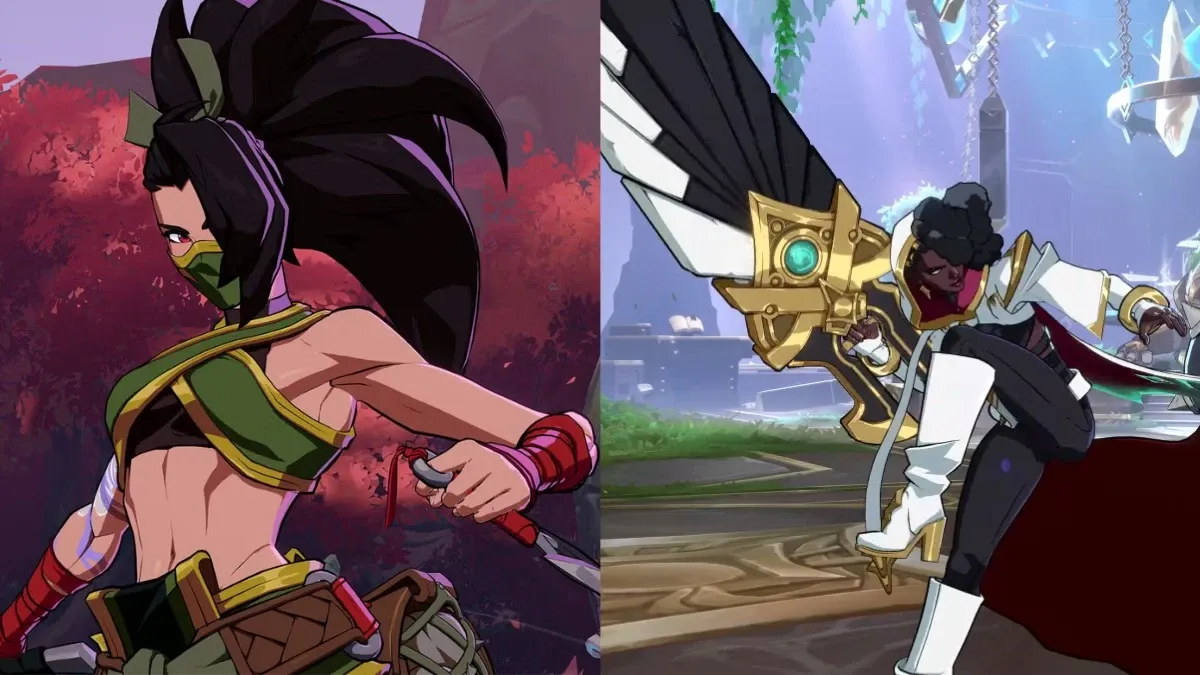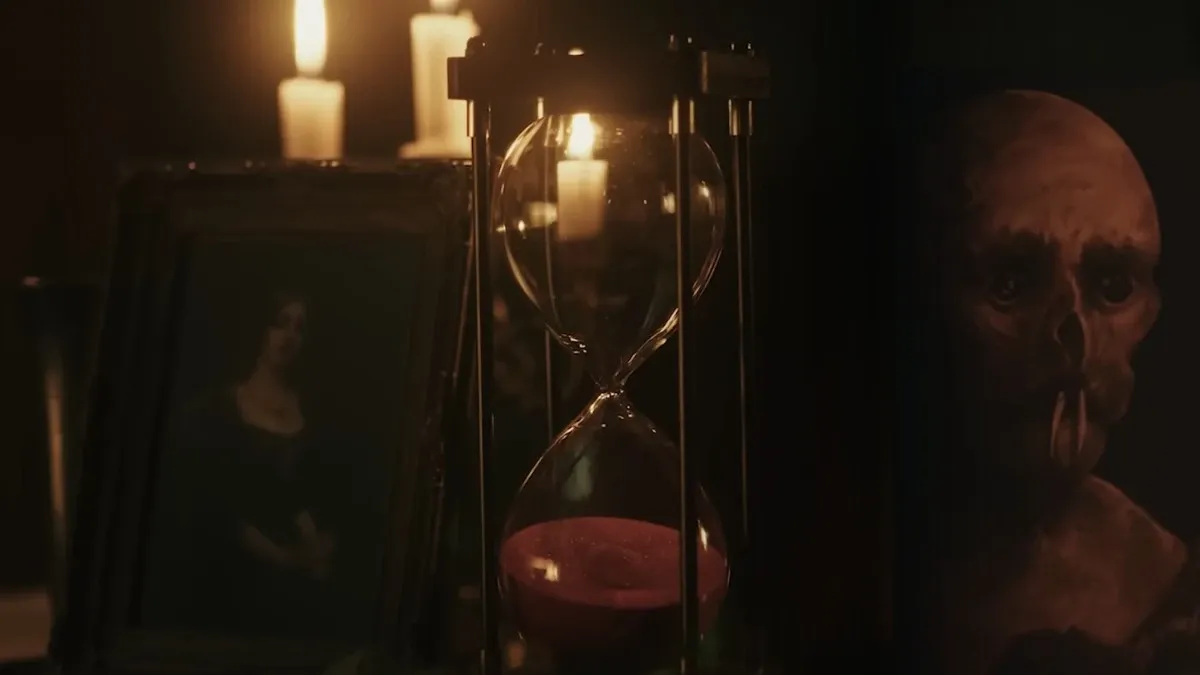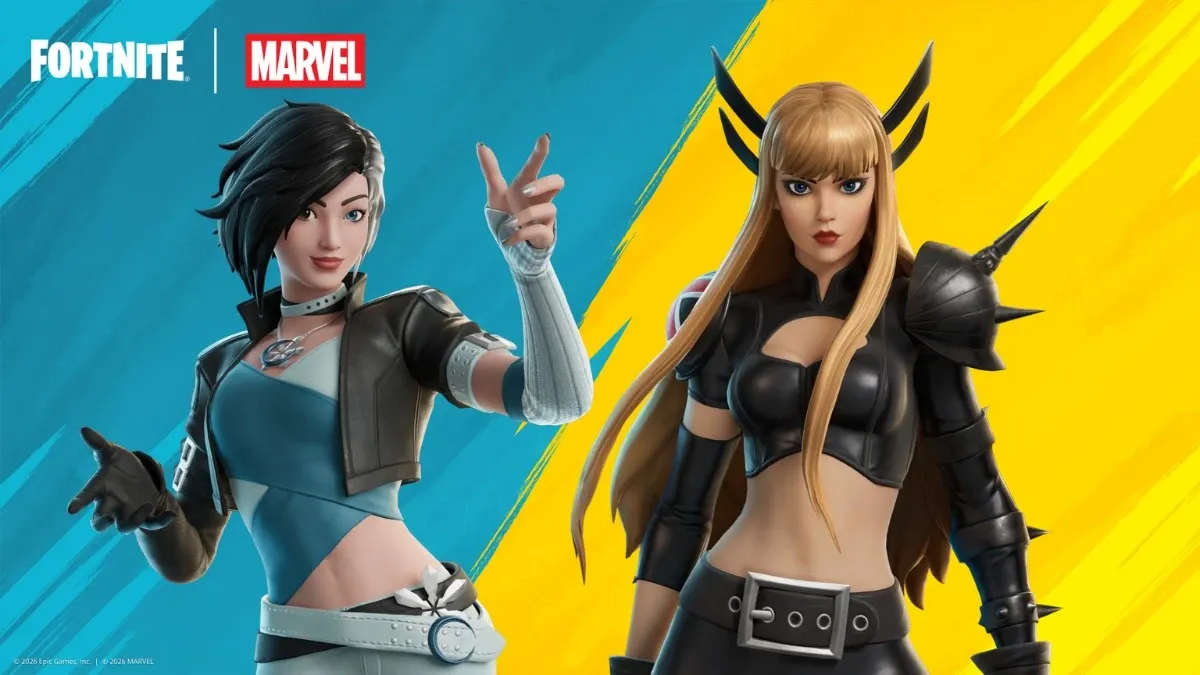Image: Ubisoft
Prince of Persia: The Lost Crown sees a long-dormant franchise return in stunning form.
The Prince of Persia has finally returned, with his franchise’s first major installment since 2010’s The Forgotten Sands. Prince of Persia: The Lost Crown is a 2.5D side-scrolling Metroidvania game that feels a little different to the Prince of Persia games I grew up with, but nonetheless captures the satisfying combat, zippy parkour and supernatural mystery that made them work so well. I might have been a skeptic booting up the game for the first time, but many hours spent button-mashing my way through obstacles and backtracking for collectibles have made me a firm believer in Ubisoft’s new vision for this classic series.
Forget it, Sargon. It's Mount Qaf
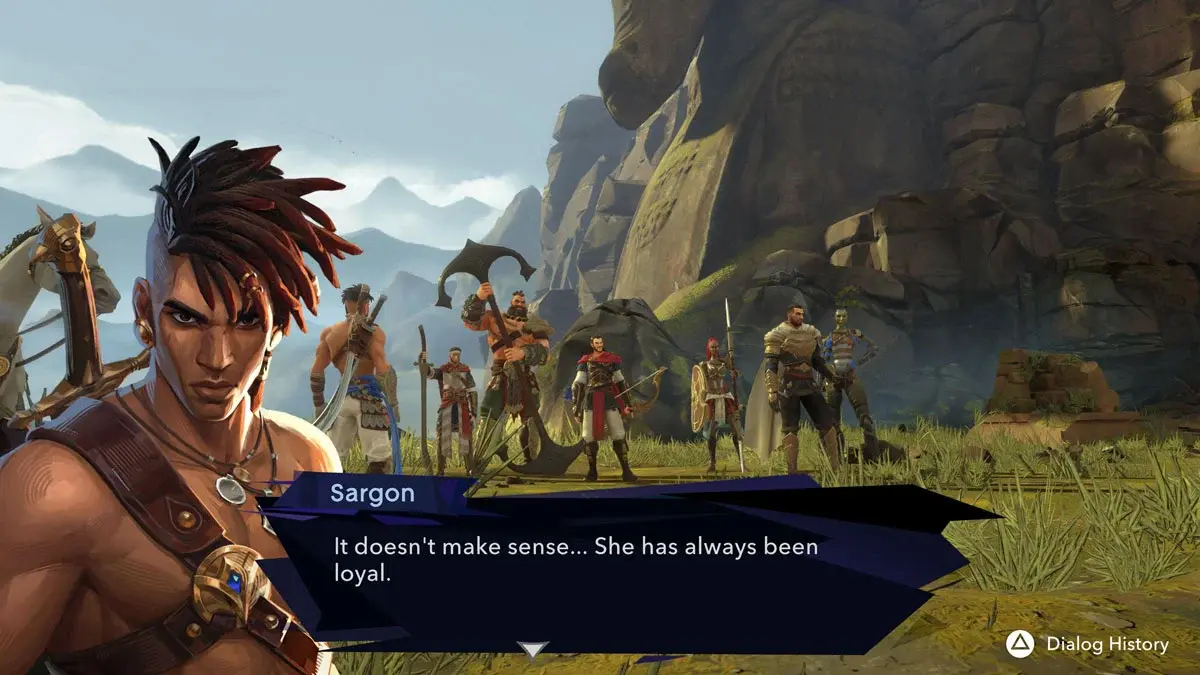
Prince of Persia: The Lost Crown is essentially a soft-reboot in all but name, with an original story that centers on a threat against the current queen’s reign over the kingdom of Persia. Instead of playing as the titular prince, the game puts you in the shoes of a young swordsman named Sargon, who fights for peace in Persia as a member of the warrior clan The Immortals. When the actual prince of Persia gets abducted, Sargon and the Immortals set out on a daring rescue mission to get the prince back to safety.
Most of the game’s action takes place in an ancient city within Mount Qaf, where space and time have been twisted by strange forces to form temporal anomalies and alternate timelines. Much like The Sands of Time, the story balances its sci-fi time travel with more mythical creatures like talking snakes, vicious manticores and zombified warriors that Sargon contends with as he journeys through the ancient city. There’s a strong focus here on Persian mythology in the game’s creatures and settings - you won’t just travel through dusty temples and dark tombs, but vine-covered forests and stormy seas too. Wherever you go, you'll see creatures and architecture pulled from ancient Persia.

While the massive map of interconnected environments can be daunting at first, seeing as you can travel in almost any direction and stumble upon something regardless of its relevance to the main questline, the story always presents a clear way forward to Sargon’s next objective. The mystery surrounding Prince Ghassan’s disappearance only gets more compelling as you make your way through the game and discover how deep the timey-wimey rabbit hole goes, though it doesn’t get off to the greatest start. Sargon’s lack of traversal abilities and the unexciting narrative hook of chasing down some kidnappers fail to bring excitement to the game’s early hours, but mysterious doppelgangers and escalating stakes will keep you glued to his quest and invested in the Prince’s fate.
While the story keeps a satisfying pace throughout the game, the main cast doesn’t quite land nearly as well. Sargon and his compatriots in The Immortals are key to the story’s events, but Sargon himself lacks the depth and charm I’ve come to associate with protagonists in this franchise. His bond with The Immortals are said to run long and deep, but they certainly don’t act like it when Sargon’s loyalties are put in question. This strange choice of plotting does lead up to some of the game’s best boss fights, forced as they are. The game’s music, scored by Mentrix and Gareth Coker, is also excellent at setting the right tone for each of the game’s different biomes and climactic events in the story.
Hopping around (in time and space)

The Lost Crown isn’t just a story reboot, but something of a gameplay reboot for the franchise too. The 2.5D sidescrolling game is a Metroidvania much like Hollow Knight and Ori and the Blind Forest, which means that you’ll constantly return to previously inaccessible areas as you gain the powers needed to get through them. Sargon might not be the Prince of Persia, but he gains many of the powers we’ve come to associate with the Prince - from shifting into alternate dimensions to remove obstacles, to dashing through the air to get over a gap. Side note: I can't believe how long it takes for this game to give you a double jump!
Most of these powers are doled out after fairly difficult boss battles, whose sheer might and unique mechanics force players to rely heavily on parries and special Athra Surge attacks to get by. Otherwise, combat isn’t too difficult - Sargon has two swords, a bow and a throwable chakram to bring into battle, all of which can easily dispense most enemies when used in tandem even if parries are kept out of it. Collectible items like amulets and health bar upgrades also provide an enticing reason to stray off the beaten path and explore the game’s different biomes. Amulets can buff Sargon’s attacks and health, or grant unique perks he wouldn’t have otherwise, and they can be upgraded through currency gained by slaying enemies. Lore collectibles are much less rewarding, but reveal interesting backstories on the city’s supernatural history.
The amulets aren’t strictly necessary, however (besides a few really useful perks), so you’d be safe staying on the main objective for the most part. You’d also be forgiven for doing so because this game is unexpectedly long - ranging from 20-25 hours depending on side activities - which can feel fatiguing for a genre that relies on constant upgrades and variety to keep the fun factor alive. Thankfully, The Lost Crown is up to the task. Even if the many twists and turns in Sargon’s journey to save the prince don’t excite you, the game’s colourful spread of biomes and creature designs will. A platformer like this is heavily reliant on environmental puzzle-solving, and just when you think you’ve gained a new power that should help you blaze through the game, it comes up with even more creative ways to keep you parkouring, time-shifting and teleporting through levels at the speed of light.
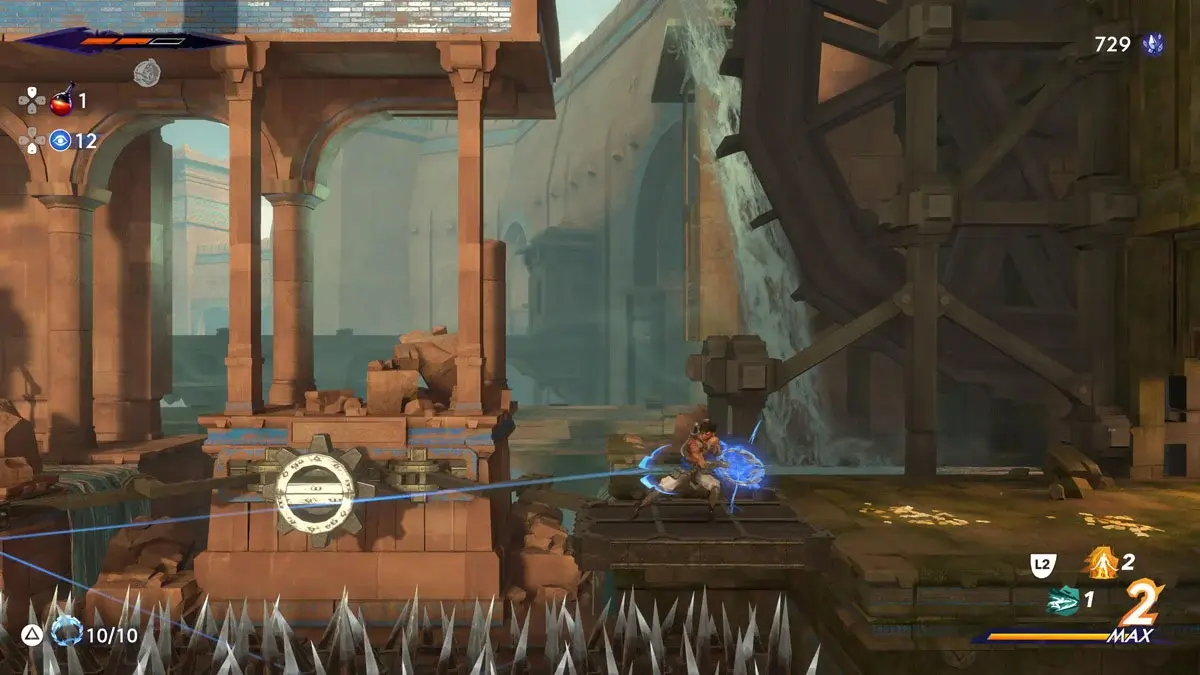
Multiple biomes, unique enemies and tough boss battles had me gripping the controller like a lifeline during my playthrough even in the later hours, and the game’s fluid and constantly evolving parkour system made puzzling out its more difficult levels a fun challenge rather than a dull chore. It’s not all perfect, though - a few zones leading up to the discovery of new powers ratcheted up the difficulty with tedious and unintuitive puzzles that revealed flaws in the complex traversal system. A few time powers are tied to other action buttons, which means that you can often use up a jump when you meant to just use a specific power, and thus mess up the puzzle. While much of the game’s story consists of multiple objectives players can seemingly pursue in any order, I also found that this sometimes wasn’t the case. In one segment of the game, I made my way to one objective only to find that I couldn’t progress until I gained another power from a different objective, which feels like an oversight in level design.
Besides a few noticeable bugs, the game runs pretty flawlessly on the PlayStation 5. Mount Qaf is a gorgeous place and instantly iconic within this franchise, consisting of many different biomes and environments that each feel unique and fleshed-out enough to make exploring them worthwhile. One particularly eye-catching level takes place in a stormy sea where a burning ship struck by lightning has been frozen in time, culminating in an emotional confrontation with a face from Sargon’s past. The Lost Crown often allows its environments to speak for themselves in between cutscenes this way, which only works because its world is so well-drawn.
Verdict
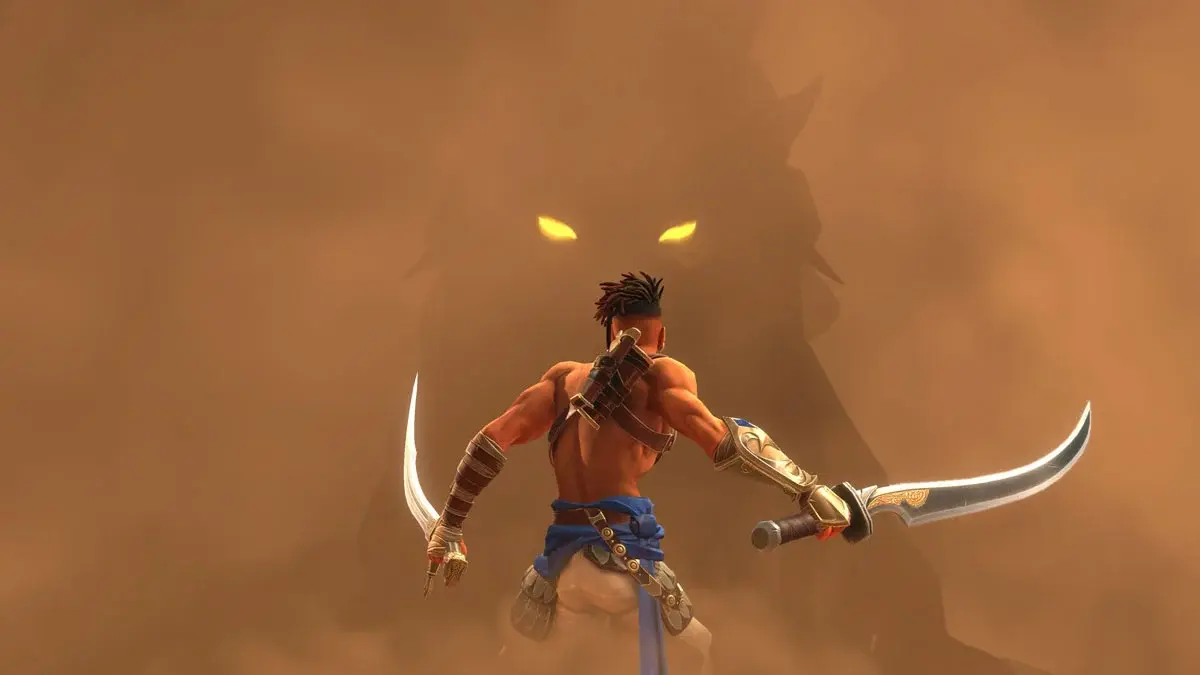
Prince of Persia: The Lost Crown is the rare franchise switch-up that leaves me wanting more in its vein. Ubisoft Montpellier has found a way to make this series work in a post-Assassin’s Creed world, where parkour in a 3D environment doesn’t feel quite as fresh and exciting as it used to. Thanks to the game’s creatively laid-out puzzles, interesting narrative and clever level design however, Prince of Persia’s new foray into the Metroidvania genre fits like a glove.

